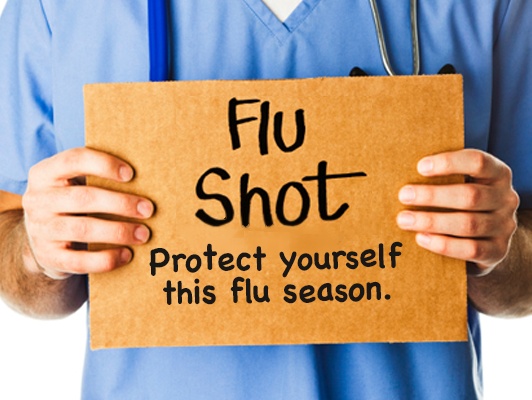Tag: flu
-

ADPH to Hold Special Flu Shot Clinics
MONTGOMERY — With influenza activity levels continuing to increase across the state, including several deaths attributed to the deaths, the Alabama Department of Public Health is conducting free flu shot clinics for Alabama residents. The vaccine is available for both children and adults and there will be no charge for the vaccination during these Influenza Vaccination…
-

Flu Outbreak Causes State of Public Health Emergency
An outbreak of the influenza virus has prompted Gov. Kay Ivey to issue a “State Public Health Emergency” for the state of Alabama. The virus poses a high threat of widespread exposure to an infectious agent that poses a risk of substantial harm to a large number of people, according to the proclamation issued by…
-

Alabama Experiences Significant Influenza Activity this Season
Influenza activity levels are increasing across the State of Alabama. Several positive influenza specimens in northern Alabama have been identified in the previous three weeks. While the flu season is just getting started in much of the country, activity is already high in Alabama. Flu is a very contagious respiratory illness. Some of the symptoms…